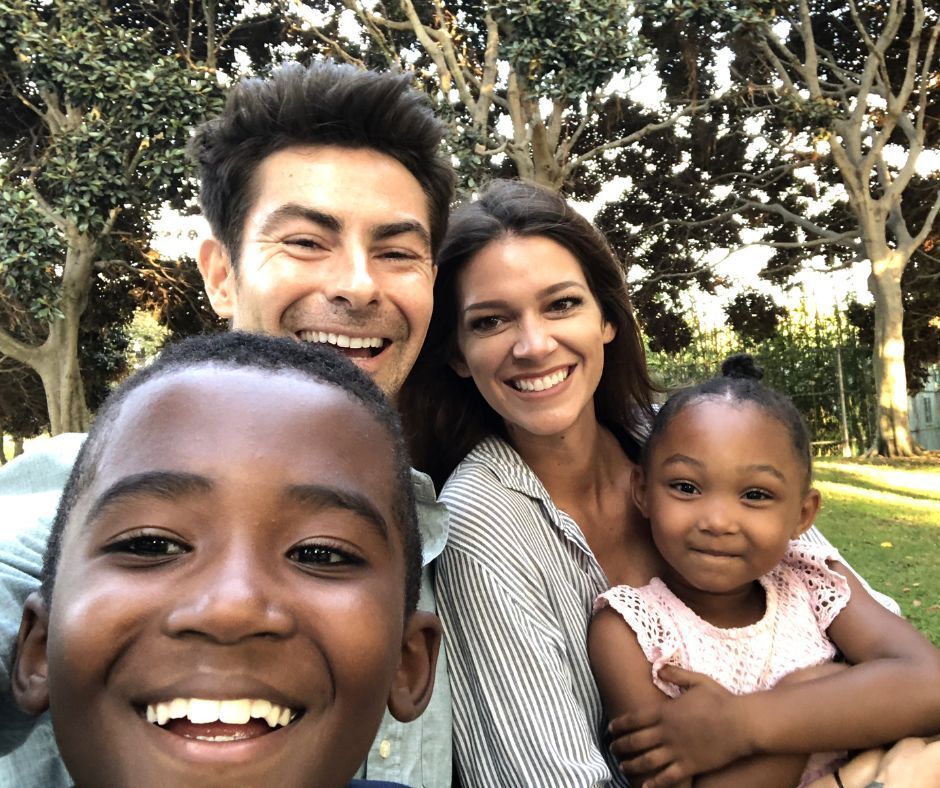Imagine a child who is very musically interested and starts taking piano lessons. He starts out self-motivated and loving the process, but soon Mom develops some goals for his new hobby. There is a scholarship available to a limited number of students that do well at a school competition. She starts paying attention when he practices and harping on him when he doesn’t. She complains about all the money she is spending and how little progress he is making. Practicing that was once looked forward to is now the dreaded time of the day. The school competition comes up, the child’s nerves get the best of him, and he misses several notes. Because the focus of this was the outcome, the child has failed. The mother feels like a failure too. All that work, fighting, and suffering was for nothing.
Imagine instead a parent that focuses on the process. Her child wants to learn how to play the piano. She encourages him to do that and pays for him to have piano lessons. He hates the music that the piano teacher has given him to practice, so his mom goes to the music store with him to find music books on his level with songs he wants to play. She enjoys listening to his progress and comments frequently on his hard work. She says that as long as he invests his time in music, she will support him by paying for his lessons. The same school competition is coming up. The child decides to participate. He also misses several notes and does not qualify for the scholarship. He feels embarrassed that he messed up in front of everyone, but he does not feel like a failure. The joy for him was in the process.













